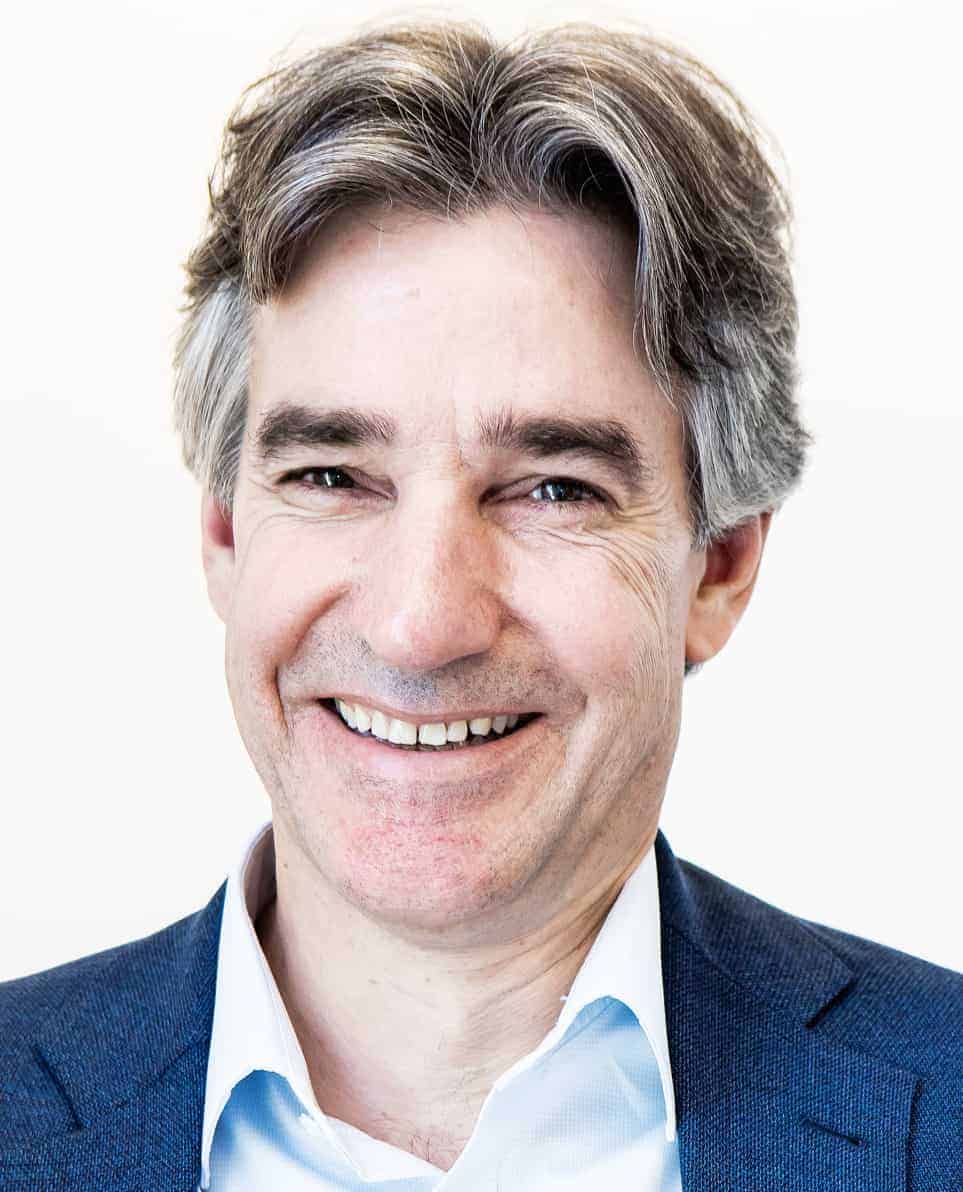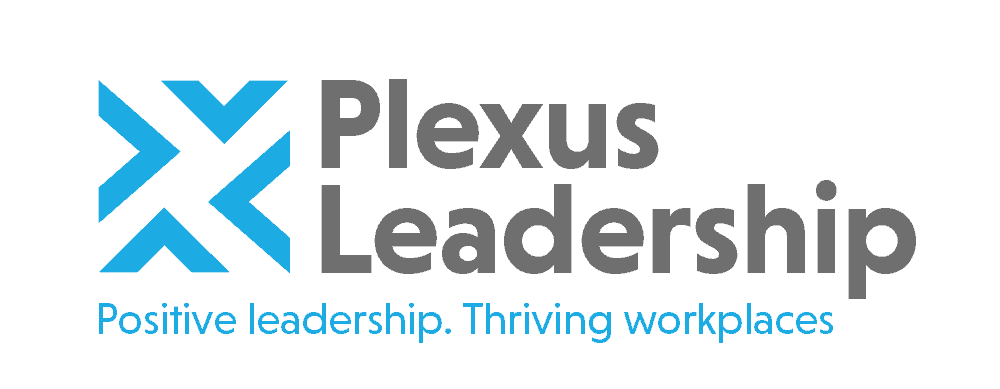A Google search on the term “leadership development” yields around 1 billion results. Organizations around the world are investing an estimated $40bn in leadership globally. Yet, leadership doesn’t appear to be improving. In fact, many would argue that on all the key metrics of leadership such as employee engagement, trust, productivity and positive impact on society and the environment, leadership is going backwards. So where does the problem lie?
The rush for a panacea
One of the biggest problems is that the majority leadership consultants and HR decision-makers are spending too much time looking for and promoting oversimplified solutions. They are continuously inventing novel ways of approaching and ‘branding’ leadership. This is done not necessarily to advance the science of leadership, but to stand out in a very crowded consulting and training market. So what we end up with is a myriad of buzzwords and over-hyped concepts rather than higher quality leadership assessment and development techniques and technologies. The upshot is significant confusion in the market with many organizations getting caught in the trap of jumping on the latest leadership bandwagon based on what is trending on social media and in the HR & management press. A great example of this is Simon Sinek’s work on the importance of having a clear purpose. I happen to rate Sinek’s work very highly, however, he certainly wasn’t the first person to highlight the importance of having a clear purpose, although you could be forgiven for thinking he was. Nor is clarity of purpose sufficient for good leadership and effective business results.
A quick look at the plethora of books and magazine articles on leadership reveals the fast-growing range of leadership models and solutions. There is everything from “charismatic leadership”, through “courageous leadership”, “agile leadership”, “transformational leadership”, “resilient leadership” and even “quiet leadership”. While these models and approaches arguably offer real value to our understanding of leadership, each is over-simplified so offers little to our overall understanding of leadership within a complex system. Many also fail to provide strong evidence and peer-reviewed research to support the questionable assertions made by the originators and proponents.
More science and less hype
The question we need to ask is whether this reductionistic and oversimplified focus on isolated traits and behaviours of great leaders is serving leaders and their businesses well. I would suggest not.
‘I think it would be far more helpful to examine and develop leaders in a more integrated, systemic and scientific way. We need to focus more on understanding how different traits and behaviours are interacting and combining to deliver great leadership, as opposed to traits and behaviours in isolation.’
For example, instead of presuming emotional intelligence (EQ) is necessary to become a great leader, we should explore other characteristics and practices that boost, moderate and undermine emotional intelligence. We also need to understand how leaders who aren’t emotionally intelligent succeed, as the reality is that there are plenty of leaders who appear to succeed without much emotional intelligence. Do these leaders find workarounds such as hiring team-members who complement them or do they have other characteristics that make up for their EQ shortfall? The focus needs to move away from anecdotal evidence and buzzwords to a focus on predictive modelling using robust scientific methods. There is still an over-reliance on unsubstantiated hype and correlational studies that typically don’t prove much beyond interesting relationships between variables.
Positive impact beyond profits
Leadership without a track record of positive results and sustained performance cannot be called “effective or great leadership”. Too many organizations focus way too little effort on measuring leadership results and contribution beyond financial results. Some companies are now incorporating employee measures such as engagement surveys, retention and diversity into their leadership scorecards. This is a step in the right direction. However, most don’t prioritise these measures or pay lip service to them. They rarely hold leaders to account beyond sales, profits or cost savings they deliver.
‘The effectiveness of leadership can only be accurately measured when we start measuring their impact against a wider range of yardsticks beyond financial goals and short-term results. Leaders should be held accountable for delivering a positive impact across a range of measures along the lines of a balanced performance scorecard.’
Balanced scorecards typically include financial, customer, process improvement and people goals. As the term suggested, the scorecard should be “balanced”, not skewed overly in favour of short-term financial goals. In a world beset by growing environmental and social problems, C-suite and senior executives should also be measured on the extent to which they are making a positive difference to their communities and the environment.
We need the type of rigour in measuring leadership that we are starting to see in measuring corporate performance. The Triple Bottom Line methodology is a good example of this. A framework like this could be evolved and extended to measure leadership performance and impact. Advances in technology are providing us with access to timely, integrated and accurate performance analytics and feedback that were unavailable previously. We need to replace the oversimplified approaches and buzzwords with a robust focus on researching and developing scientifically proven leadership models and value drivers. This will help ensure leaders make a positive difference and generate lasting value, for followers, investors and society more generally.
Want to find out how we can help your organisation? Contact us now for an obligation free chat.
Other Posts

About the Author
James Brook
Founder and MD | Leadership Consultant | Organizational Psychologist
James is a leadership consultant, organizational psychologist and executive coach. He has over 25 years’ experience working with leaders, teams and organizations globally to optimize their performance, talent and future success. He specializes in positive leadership, thriving workplaces, collaboration and influencing, organizational change and transformation, accelerating innovation and coaching executives and leaders in innovative sectors including Tech, Digital, E-commerce and Life Sciences.
Before setting up Plexus Leadership, James held leadership roles in HR and Talent Management in the UK and abroad with companies such as NatWest, Yahoo! and Novo Nordisk Pharmaceuticals. After this, he founded and led several talent and leadership consulting and assessment businesses, including Strengthscope®, an online strengths assessment and development business serving a wide range of UK and global clients. James grew this venture into a global market leader before selling the business in 2018.
James has supported, advised and coached leaders and teams globally across diverse industries and geographies. Clients he has worked with include Allen & Overy, Commvault, Equinor, Facebook, GSK, Hilton, John Lewis, Novartis Pharmaceuticals, NHS, Oracle, Sainsbury’s, Swiss Re, Tesco, Takeda Pharmaceuticals, WSP and Yahoo!.
James has a Master’s in Organizational Psychology, an MBA, an Advanced Diploma in Executive Coaching and a Harvard Business qualification in Sustainable Business Strategy. He is a member of the Institute of Directors, the Association of Business Psychologists and a Fellow of the Chartered Institute of Personnel and Development (FCIPD). He is currently undertaking a PhD in Organizational Psychology examining the start-up experiences of Tech and Digital entrepreneurs.
James is a regular contributor and speaker on leadership, coaching, innovative talent management and the future of work. His most recent book, Optimize Your Strengths, explores how leaders can create thriving workplaces by inspiring and supporting people to optimize their potential and teamwork to deliver breakthrough results.





